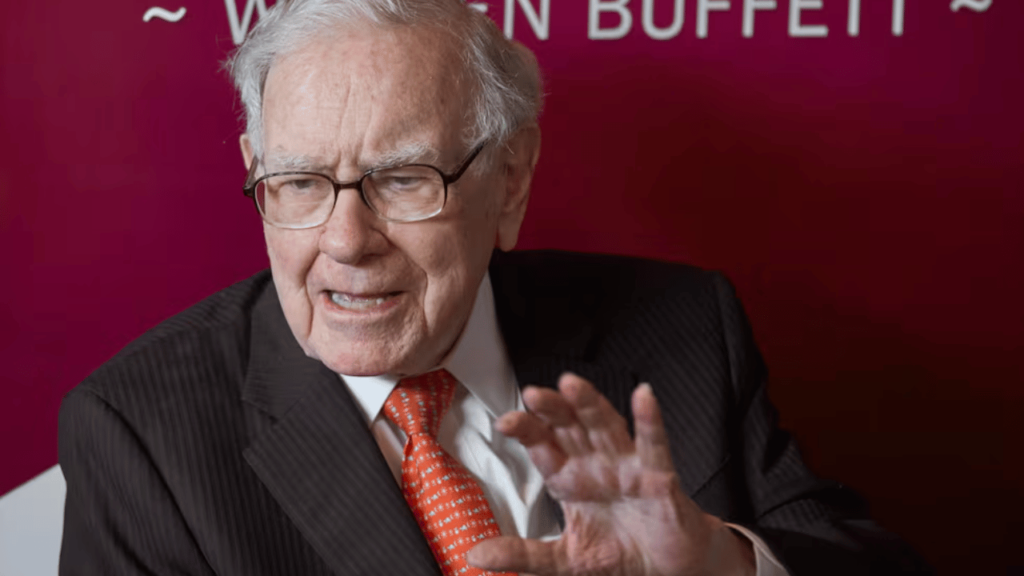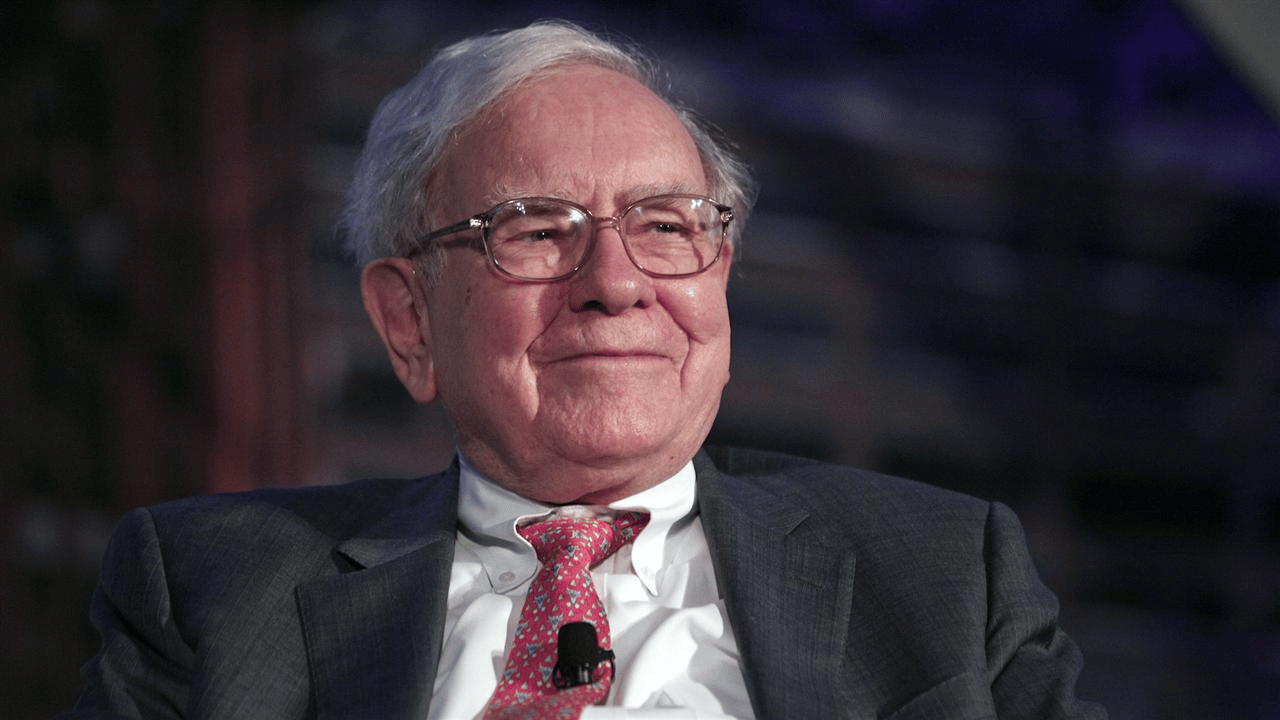Warren Buffett’s announcement that he would step down as Berkshire Hathaway CEO at the end of 2025 sent shockwaves through the investment community.
As the company’s long-time leader and the figurehead for its incredible growth, his departure is a significant turning point.
I spoke with 20 Berkshire Hathaway shareholders in Omaha to hear their thoughts on this news. They shared a mix of emotions—from sadness to gratitude, and even some concerns about the company’s future.
Among those I spoke to was Veron Wong, a 31-year-old Buffett devotee who was deeply moved by the news. He told me he cried when he heard that Buffett would be leaving. “It was sad,” he said, explaining that Buffett had always felt like a father figure to him.
Along with his partner, Joanna Fadel, Wong was enjoying a drink at the Marriott near the CHI Health Center, where the Berkshire meeting was being held.
“It was a beautiful moment. Bittersweet, but beautiful,” Fadel added. Their admiration for Buffett was clear, as was the emotional weight of what his departure means.
Buffett’s legacy is immense. Over the past six decades, he transformed a failing textile company into one of the world’s largest and most successful businesses.
His leadership not only turned Berkshire Hathaway into a financial powerhouse but also created a loyal following of shareholders who felt a personal connection to him. For these investors, Buffett was more than just a businessman—he was a moral compass.
“He’s done a great job for so long,” said Sabina Coffiel, a 57-year-old medical researcher from Omaha. “He’s got a wonderful moral compass.”
However, not everyone shared the same feelings of optimism. Some shareholders, while grateful for Buffett’s work, were anxious about the future.
I spoke to Mike Schutz, 63, a warehouse worker from Omaha attending the meeting for the first time. He was cautiously optimistic about Berkshire’s future. “I have faith in what he’s set up and done,” he said. “It keeps growing and doing better.”
But for others, the concern was more palpable. Signe Loenholdt, a financial educator from Denmark, expressed doubts about whether the annual gatherings in Omaha would retain their global appeal without Buffett at the helm.
“I’m concerned about community continuity post-Buffett,” she said, wondering if the connection to the city of Omaha would remain as strong once Buffett is no longer leading the charge.
Buffett’s potential successor, Greg Abel, was frequently mentioned in conversations about the future of Berkshire. Some shareholders, like Martin Wiegand, a 67-year-old small-business owner, expressed doubt about Abel’s ability to match Buffett’s unique charisma.
“He doesn’t have the same kind of presence,” Wiegand said. But others, like Sheldon Wasserman, a retired businessman from Florida, were more philosophical.

Wasserman compared the situation to when Tim Cook took over from Steve Jobs at Apple, a transition that many thought would be difficult but ultimately allowed the company to flourish.
“We are standing in the shade of a tree that grew from a seed someone planted years ago,” Wasserman said, referring to the foundation Buffett has built for his successor.
For many, the fear wasn’t just about the company’s leadership—it was also about the future of Omaha itself. The city has long been synonymous with Berkshire Hathaway, and Buffett’s presence has been a key part of its charm.
As Wasserman noted, “Omaha without Buffett might not feel the same.” The “Bazaar of Bargains,” where Berkshire’s subsidiaries sell discounted products to shareholders, is just one example of how Buffett’s influence has shaped the city.
For some, the fear of a less vibrant Omaha without Buffett was as unsettling as the uncertainty surrounding Berkshire’s leadership.
Still, some found hope in the idea that Buffett’s legacy would continue, regardless of his departure. “I think the company will be fine,” said Gary Oberste, a 74-year-old semi-retired educator.
“I have faith in what he’s set up.” For many, the belief that Buffett has left a strong, sustainable business model was enough to calm their nerves.
As for Wong and Fadel, while they were deeply emotional about the news, they also recognized the importance of the moment. “It’s bittersweet,” Fadel said.
“But I think it’s a beautiful thing to be here for this community and to be part of this legacy.” In the end, despite the sadness and uncertainty, there was also a sense of pride in being part of something much larger than themselves.
The future of Berkshire Hathaway without Warren Buffett is a topic that’s sure to continue to be discussed for years to come. But for now, Buffett’s supporters are holding onto the lessons he taught them and the foundation he’s built.
Many shareholders are hopeful that the company will continue to thrive under Greg Abel’s leadership, while others remain skeptical. Regardless of where they stand, one thing is clear: Buffett’s departure marks the end of an era for Berkshire Hathaway, and Omaha may never feel quite the same without him.
Disclaimer- Our team has thoroughly fact-checked this article to ensure its accuracy and maintain its credibility. We are committed to providing honest and reliable content for our readers.






